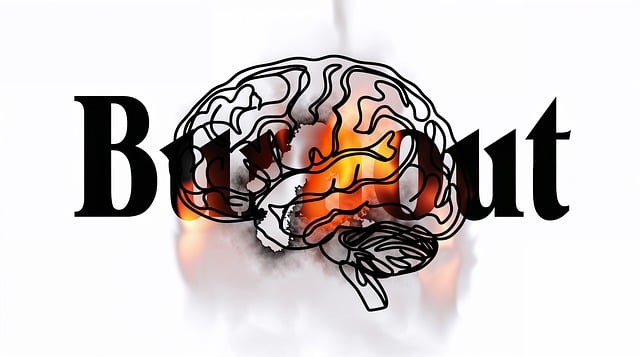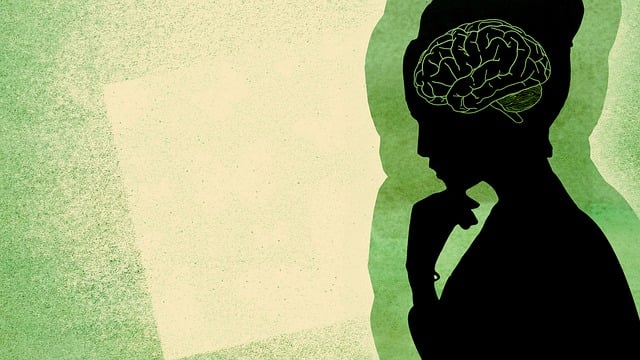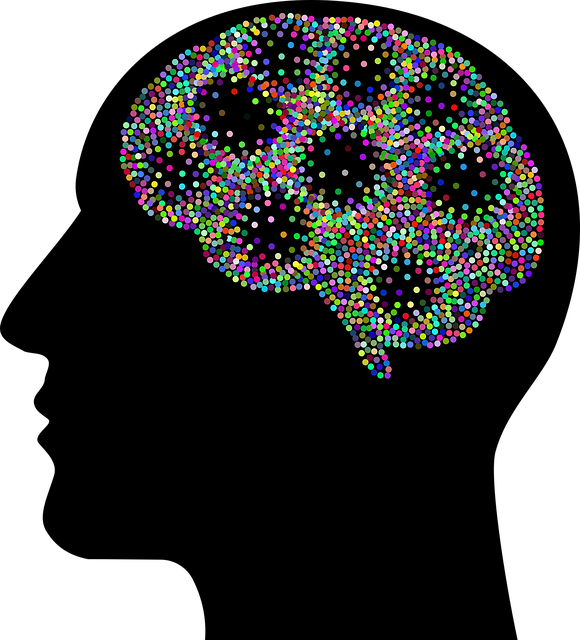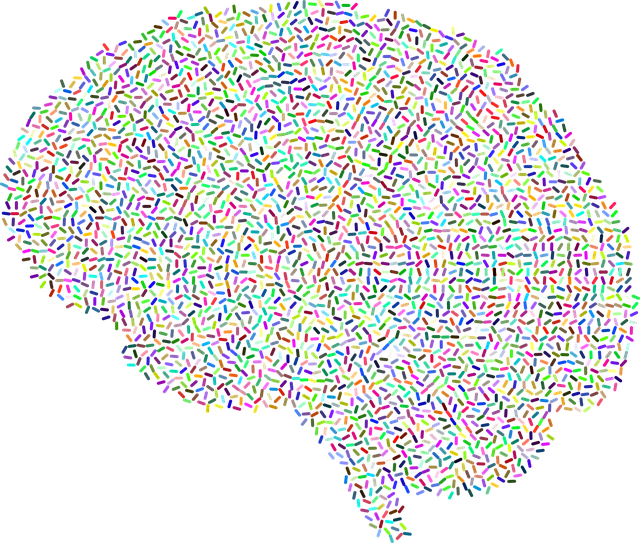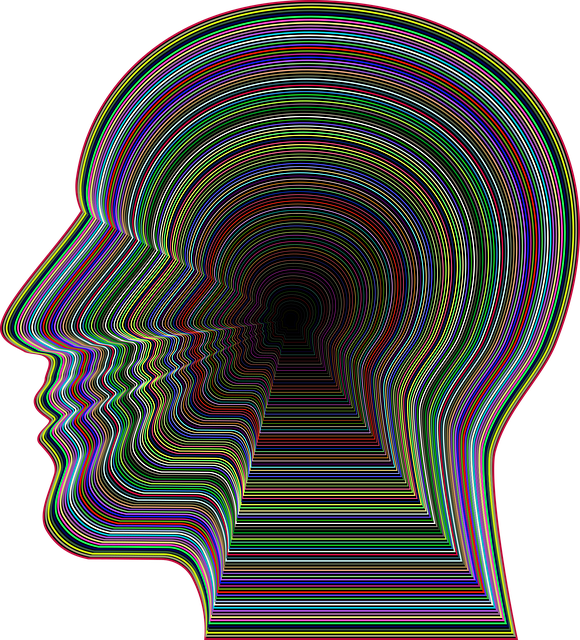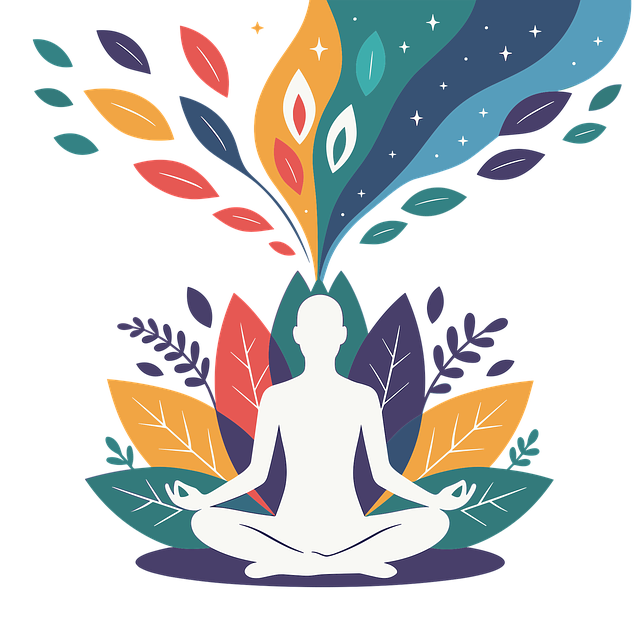Chronic stress, a common response to life's challenges, can lead to severe mental health issues like anxiety and depression if left unaddressed. Therapy for Mental Health Evaluations plays a crucial role in identifying stress triggers and underlying problems, offering evidence-based strategies such as CBT, MBSR, and journaling. These approaches empower individuals to manage daily stressors, reduce anxiety, and adopt self-care practices like meditation, exercise, and adequate sleep. For mental health professionals, prioritizing their own therapy and stress reduction is vital for risk management, enabling them to provide better care to others while maintaining their well-being.
Stress reduction methods are essential components of maintaining optimal mental health. This comprehensive guide explores various approaches to managing stress, from understanding its impact on mental well-being to implementing effective therapy techniques and integrating self-care practices into daily routines. By delving into these strategies, individuals can enhance their ability to navigate life’s challenges with resilience and promote a healthier, more balanced lifestyle through professional mental health evaluations and tailored therapy.
- Understanding Stress and Its Impact on Mental Health
- Various Therapy Approaches for Effective Stress Reduction
- Incorporating Self-Care Practices into Daily Routines
Understanding Stress and Its Impact on Mental Health

Stress is a natural response to various life challenges and demands, but when it becomes chronic, it can significantly impact our mental health. Understanding stress involves recognizing its triggers, be they external pressures from work or personal issues. It’s important to note that chronic stress may lead to heightened anxiety, depression, and even physical health ailments if left unaddressed.
The effects of prolonged stress can disrupt one’s sense of well-being, affecting daily functioning and overall mental wellness. This is where therapy for mental health evaluations plays a crucial role in identifying underlying issues. Through these evaluations, individuals can gain insights into managing stress more effectively. Self-care practices, such as meditation or exercise, along with the support of mental wellness coaching programs development, can help navigate through stressful situations, fostering better mental health and resilience.
Various Therapy Approaches for Effective Stress Reduction

Stress reduction often involves exploring various therapy approaches tailored to individual needs. One powerful tool is Cognitive Behavioral Therapy (CBT), which helps individuals identify and change negative thought patterns contributing to stress. By challenging distorted beliefs and replacing them with more realistic, positive thoughts, CBT enhances emotional well-being. This form of therapy provides practical strategies for managing stress, anxiety, and related symptoms, making it an effective choice for many seeking mental wellness.
In addition to CBT, other therapeutic methods like mindfulness-based practices, such as Mindfulness-Based Stress Reduction (MBSR), offer powerful tools for self-awareness exercises. Journaling is another valuable technique that encourages individuals to track their thoughts, emotions, and behaviors, fostering a deeper understanding of stress triggers. This self-reflection, combined with guidance from mental health professionals, can lead to significant improvements in managing daily stressors and enhancing overall mental wellness, resulting in better anxiety relief.
Incorporating Self-Care Practices into Daily Routines

Incorporating self-care practices into daily routines is an essential component of stress reduction and maintaining good mental health. It’s not just about taking time for oneself; it’s a proactive approach to managing one’s well-being. Simple yet effective habits such as regular exercise, adequate sleep, and mindfulness meditation can go a long way in preventing burnout and promoting a sense of calm. These practices not only serve as therapy for mental health evaluations but also help individuals build resilience to cope with life’s challenges.
Moreover, integrating self-care into one’s routine is an investment in risk management planning for mental health professionals. It enables them to provide better care by ensuring their own emotional well-being. Crisis intervention guidance can be more effective when practitioners have a solid foundation of self-care strategies. By prioritizing personal therapy and incorporating stress-reducing techniques, mental health professionals can enhance their ability to support others while safeguarding their own mental health.
Stress is a universal experience, but managing it proactively is key to maintaining mental well-being. By understanding stress and its impact, exploring various therapy approaches, and integrating self-care practices into daily routines, individuals can effectively reduce stress levels. Incorporating these strategies not only fosters resilience but also enhances overall quality of life. Remember that seeking professional help through therapy for mental health evaluations is a proactive step towards a happier, healthier mind.

